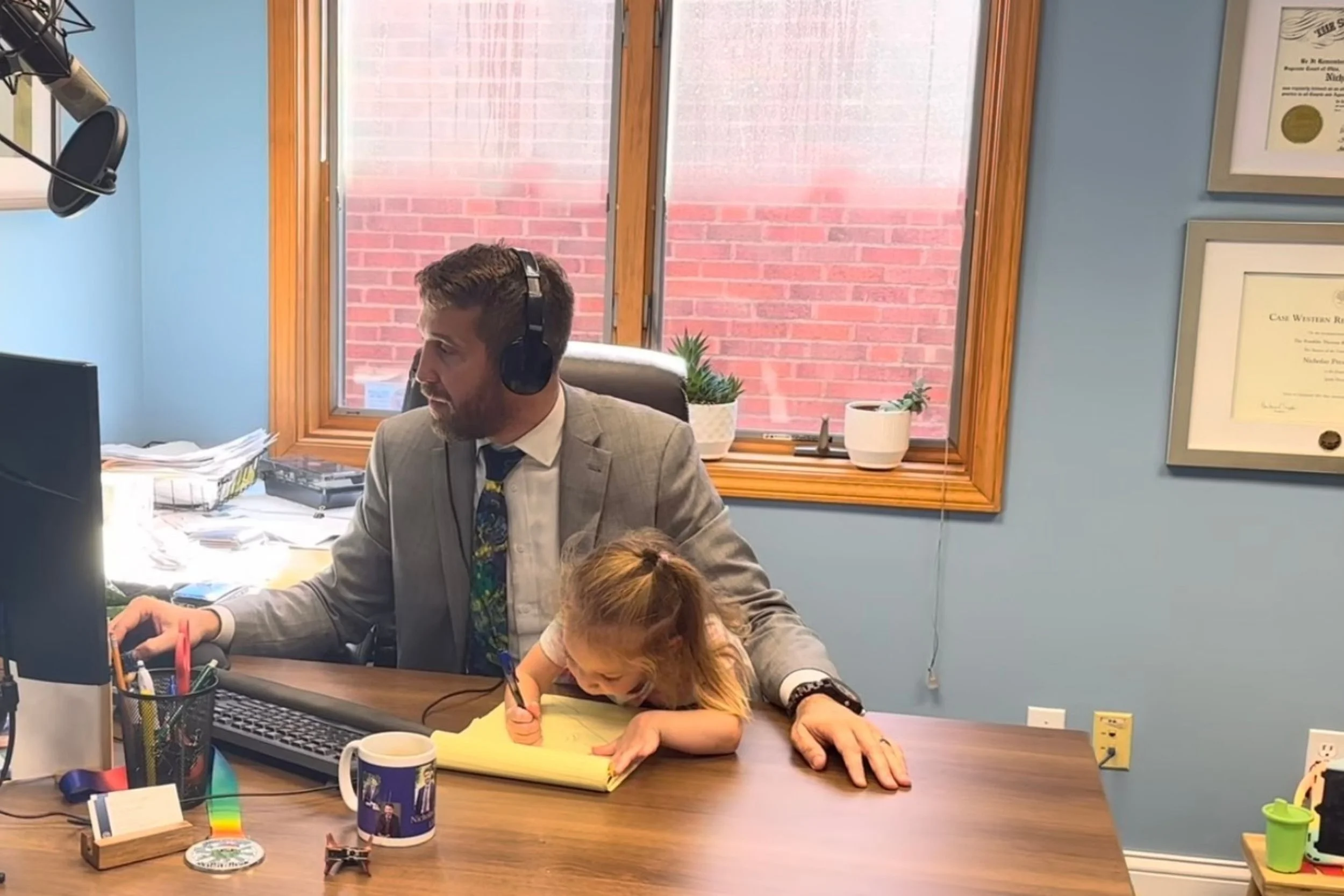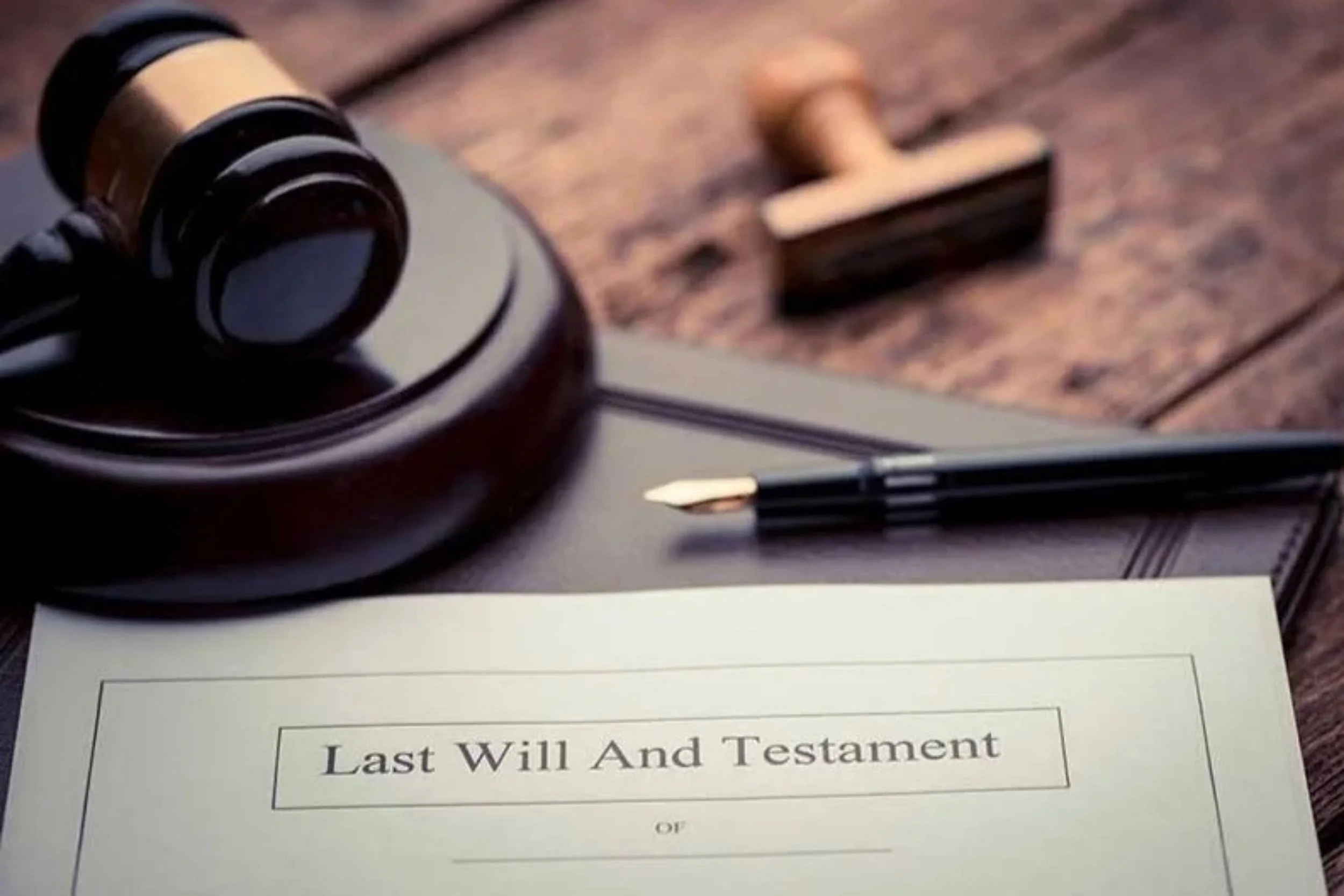Do I Need a Rental Agreement If I’m Moving In With My Partner?
Congratulations on this next step in your relationship! Living together—legally known as cohabitation—opens the door to new experiences, but it also comes with important considerations. Ohio law is very direct: legally, you are either married, or you are individual persons. Unmarried couples don’t have the same legal protections as married couples, so setting clear expectations from the start can help you both enjoy this new chapter with confidence.
Discover what cohabitation agreements are, why they matter, and how they can help you avoid legal and financial headaches down the road. Watch the video below for more insights, then read on for practical advice.
In this video Attorney Weiss discusses how cohabitation agreements work, what they can cover, and why they’re valuable for couples who jointly rent or buy property.
What Is a Cohabitation Agreement?
Cohabitation means living together and sharing responsibilities—whether you’re splitting bills, chores, or family duties. Ohio law is clear: you are either married, with the legal protections that come with marriage, or you are considered individual persons. Unmarried couples do not have the same rights as married couples, so it’s crucial to set clear expectations in writing.
A cohabitation agreement is a contract between two people who live together but aren’t married. It can outline:
How rent and utilities are split
Who is responsible for chores or household expenses
What happens to jointly owned property, vehicles, or pets if you separate
Who stays in the home or apartment if the relationship ends
Why Should Couples Use a Formal Agreement?
Many couples believe a formal agreement isn’t necessary, especially when things are going well. However, when difficulties arise, the lack of clear arrangements can lead to confusion and conflict. Whether you’re buying property together or entering into a lease, having a written agreement helps set expectations and responsibilities, protecting both partners.
Even if you’ve lived together for years, it’s never too late to put your arrangements in writing. Ohio courts will enforce a written contract if a dispute arises. If nothing is written, a judge will decide who gets what, which can lead to uncertainty and stress.
What Happens If the Relationship Ends?
Without a cohabitation agreement, separating shared assets—like property, vehicles, or pets—can be complicated. A judge will try to determine your intentions, but it’s always better to have your financial arrangements in writing. Alimony doesn’t apply to unmarried couples, but written agreements about property or expenses are enforceable.
If you jointly own a home, your agreement can specify whether you’ll sell and split the equity, buy out your partner, or divide based on contributions. For rentals, you can agree on who moves out and who pays the remaining bills. These terms can save time, money, and emotional stress.
How to Get Started
Cohabitation agreements are flexible and can be tailored to your needs. You can include anything from bill payments to pet care. If you need help drafting an agreement or want to discuss your options, N.P. Weiss Law is here to help.
Additional Resources:
If you’re curious about what happens when couples buy a house together and then break up, or how real estate and family law can intersect in high-stakes situations, these resources offer deeper insights into the complexities that can arise—and why planning ahead matters.
We Bought a House Together and then We Broke Up. What Do We Do?
When Real Estate Law Meets Family Law: Navigating High-Stakes Legal Crossroads
Conclusion
A cohabitation agreement brings clarity and peace of mind by outlining financial and personal responsibilities. If you’re moving in with a partner or have questions about your legal options, speak with an experienced attorney who understands Ohio law.
Take the first step toward protecting your future— book a paid consultation now or contact our office to see how we can help.
About the Author
Nicholas Weiss is the founder and supervising Attorney of N.P. Weiss Law, serving clients across Northeast Ohio in real estate, family law, and estate planning. He is committed to helping property owners, businesses, and families navigate legal challenges with clarity and confidence. Learn more about Nicholas Weiss.
This blog post is for informational purposes only and does not constitute legal advice. Reading this post does not create an attorney-client relationship. For personalized guidance, please consult with a licensed Ohio attorney
Running a law firm teaches you quickly that the law is only part of the work. In this reflection, Nicholas Weiss shares the lessons that have shaped how N.P. Weiss Law serves clients across Northeast Ohio.
You didn’t plan for this, but you do need clarity. This guide explains how Ohio courts decide who keeps the engagement ring, the one exception in the state, and what changes once you’re married.
Contesting a will in Ohio requires more than suspicion. Learn the three legal grounds for challenging a will and what the probate court process involves.
From courtroom victories to community education, 2025 was a year of purpose and momentum for N.P. Weiss Law. We are grateful for the trust our clients place in us and excited for the growth and new faces coming in 2026.
If your estate is complex or family dynamics are challenging, naming your attorney as executor may be the smartest move. Learn when this option makes sense and what to consider before deciding.
Choosing the right executor is crucial—discover key qualities and options for Ohio families. Learn how to select an executor who will honor your wishes and protect your loved ones.
Holiday visitation violations can disrupt family celebrations, but Ohio law offers clear remedies for parents who document issues and seek enforcement.
Drawing on personal experience and years of working with families, Attorney Nick Weiss highlights ways parents can prioritize their children and create meaningful moments, even when things don’t go as planned.
Legal fees reflect more than just a cost—they represent the value of skilled advocacy and reliable guidance. Discover how investing in quality legal representation with N.P. Weiss Law provides clarity, protection, and peace of mind for your future.
Curious about your first legal consultation? This blog explains what to expect at N.P. Weiss Law, including consultation options, costs, how to prepare, and why early legal advice matters for families, property owners, and businesses in Northeast Ohio.
Legal fees can feel mysterious, especially if you’ve never worked with an attorney before. This guide breaks down deposits, hourly rates, and flat fees so you can make informed decisions.
Attorney Eric Cherry’s holiday custody tips empower Northeast Ohio parents to plan ahead, communicate effectively, and document important details. Discover how to make co-parenting work and keep the focus on your children this season.
Before imposing an enforcement assessment, Ohio law requires boards to provide written notice and a fair hearing opportunity. Discover the essential procedures every HOA board member should know.
When a real estate contract falls through in Ohio, both buyers and sellers have rights and remedies. Learn what compensation may be available and how to protect your investment.
Unmarried couples in Ohio face unique legal challenges when sharing a home. Discover how a formal agreement can safeguard your interests and prevent disputes.
Family law cases can quickly become a real-life horror story if you make these five scary mistakes. Learn how to avoid common pitfalls in divorce and custody cases from Attorney Eric Cherry at N.P. Weiss Law.
Learn how to change custody or parenting time orders in Ohio. Attorney Nicholas Weiss explains the legal process and what courts look for.
Haunted houses may be fun to talk about, but the real scares in Ohio real estate come from hidden defects and legal disputes. Protect yourself by understanding your disclosure duties before buying or selling a home.
From inflatable ghosts to blinking lights, seasonal displays often spark questions about rules and enforcement. Attorney Rachel Kuhn shares practical solutions for HOA boards navigating holiday decoration disputes.
Being a landlord in Northeast Ohio comes with legal responsibilities and practical challenges. This guide outlines best practices to help you stay compliant and protect your investment.
Dividing real estate in divorce or ending a property partnership in Northeast Ohio can be complex and emotionally charged. Learn how N.P. Weiss Law helps families and co-owners protect their interests when family law and real estate law intersect.
Ohio law officially makes tracking your spouse illegal once divorce papers are filed. Discover what counts as tracking and how to stay compliant.
Nuisance laws in Northeast Ohio protect your right to peace and quiet at home. Learn how to resolve neighbor disputes and when to seek an injunction for lasting relief.
Considering adopting your stepchild? Discover the legal process, rights, and responsibilities involved in stepparent adoption in Northeast Ohio.
Community association attorney Rachel Kuhn shares practical strategies to help HOA and condo boards in Northeast Ohio run productive, respectful, and legally sound meetings.
Eviction stuck in Cleveland Housing Court? Learn how landlords in Northeast Ohio can take legal action to move their case forward.
In Ohio, pets are legally considered property—but that doesn’t mean you can’t protect them. Discover how pet trusts can safeguard your animals’ future with seamless legal care.
Make a Will Month is the perfect time to protect your legacy. Here’s what every Northeast Ohio resident should know about making a will.
With Obergefell v. Hodges facing potential challenges, same-sex couples in Ohio must take proactive steps to protect their families. Attorney Nicholas Weiss shares personal insights and outlines key estate planning strategies to safeguard your rights.
Nick Weiss opened N.P. Weiss Law after many years of private civil litigation and in-house counsel experience. A transplant from Maine, he now represents families, property owners, and businesses throughout Northeast Ohio. Recognized as an AV Preeminent-rated attorney and Super Lawyers Rising Star, Nick brings a practical, client-focused approach.






























Cleveland Housing Court recently removed the requirement to attach rental registration documents when filing an eviction. Discover how this update will simplify the process and reduce delays for landlords.